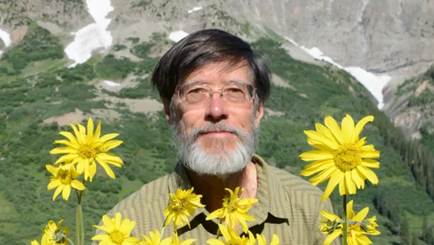Mass incarceration has been a hot topic across the country as local jail incarceration rates have grown exponentially since the 1960’s. The growth of jail populations is a direct result of pretrial detention; the incarceration of people who have yet to be convicted of a crime. Over the years research has shown us that money bail does not have an impact on public safety or individual flight risk, so why are there still so many people stuck in jail? In this presentation, we will talk about the national landscape of pretrial reform efforts in addition to the pretrial evolution in Colorado.
Alison Tapia has over 14 years of experience leading innovation in criminal justice and community-based corrections. Most recently she was leading as a supervisor in a progressive pretrial service agency in the City and County of Denver. Allison has advanced pretrial practice in Denver with implementation and improvement of structured decision-making practices along with the addition of needs assessment to the pretrial intake and release processes. While with the State of Colorado, Allison also coordinated and led a large-scale effort to bring implementation science to Colorado community-based corrections, institutional corrections, and community behavioral health settings. The project involved scientific implementation of Motivational Interviewing to more than 1000 criminal justice and behavioral health practitioners throughout the state. This major scale project was the first of its kind to introduce and formally apply the National Implementation Research Network (NIRN) model to an entire state system. Allison played a central role to lead this effort along with a highly progressive and forward-thinking team of implementation specialists at the EPIC Resource Center.
“We’ve entered a disturbing period that promotes a retributionist, punitive attitude toward people in our society who haven’t ‘made it,’ who are underdogs, who don’t have the financial means that other people have, and who may have disabilities like mental illness and addictions to deal with.” — Ellen Barry
—————————————————————————————————-
We will serve appetizers from 4:00 to 4:30, then start the program. A small donation is suggested for food and wine. The program will include announcements and a Humanist Moment before the presentation begins.
We hope to see you at 4:00 pm, on Sunday, February 23rd, at Jefferson Unitarian Church!





